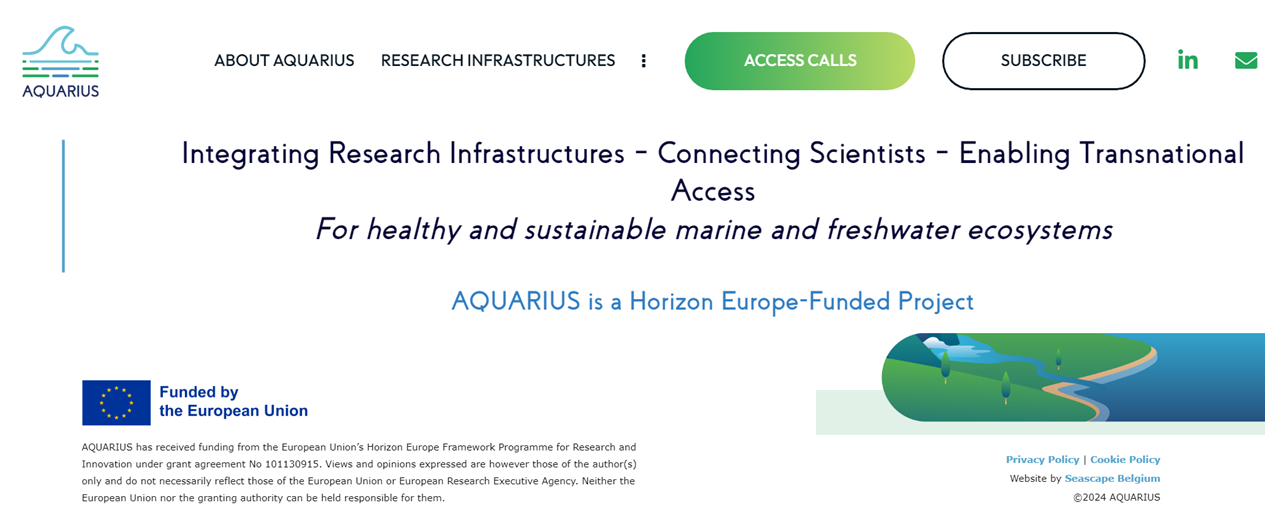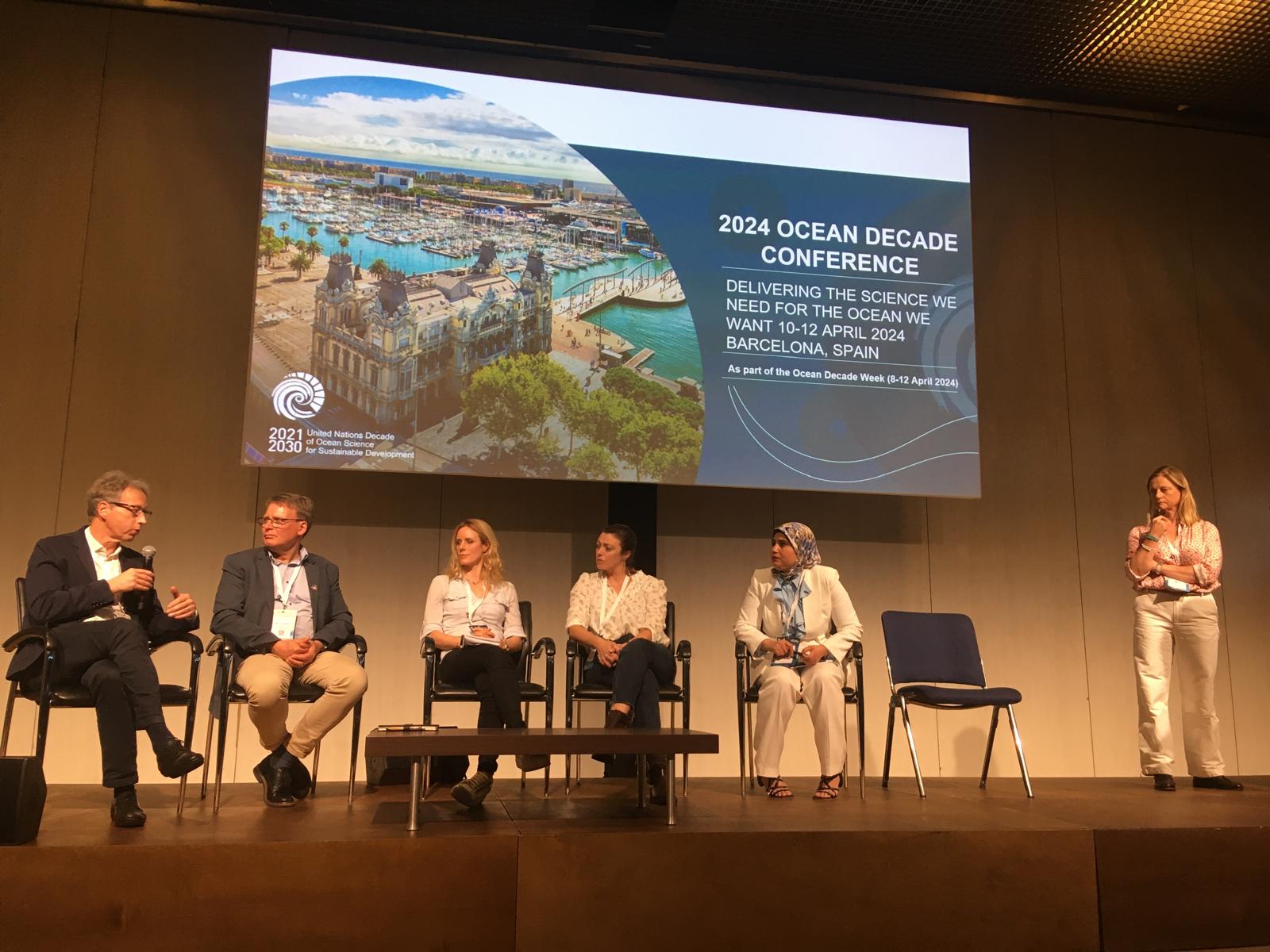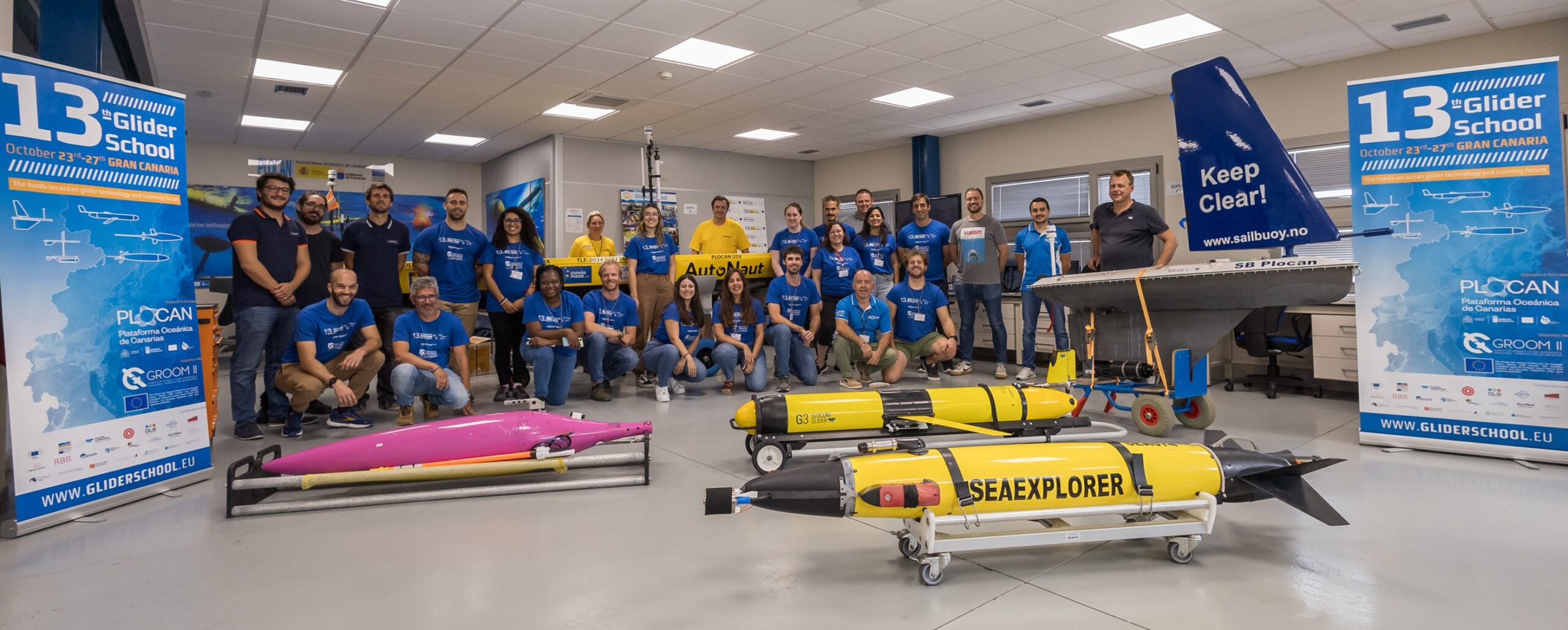The Port Authority of Santa Cruz de Tenerife and the Consortium for the Design, Construction, Equipment and Operation of the Oceanic Platform of the Canary Islands (PLOCAN) will work together to accelerate the roadmap for offshore wind and marine energies in the Canary Islands, thus boosting the decarbonization of the blue economy, particularly that related to the port area and maritime transport.
This is the main object of the Memorandum of Understanding signed by the president of the Port Authority of Santa Cruz de Tenerife, Carlos González, and the director of PLOCAN, José Joaquín Hernández, which also contemplates the collaboration between both entities to offer interested agents, from the public and private sector, the possibility of testing devices, technologies, services and activities compatible with port activity in the areas designated by Puertos de Tenerife.
Specifically, this development will be carried out in the waters of Zone II of the port of Granadilla, where R&D&I projects and demonstration initiatives related to offshore wind and marine energy will be housed, thus favoring investment in the value chain associated with marine renewable energies and including energy vectors such as green hydrogen.
Both entities also agree to establish spaces for collaboration and alliances with institutions that favor investment in the value and logistics chains of those initiatives that are aimed at the efficient use of local renewable resources.
It should be remembered that the port of Granadilla, in addition to being the first in Spain to process an offshore wind farm, will also host other initiatives such as the installation of floating photovoltaic in the southern mouth of the port Granadilla, and the use of the new dock as an experiment to obtain energy from the waves.
For Carlos González, president of Puertos de Tenerife, this collaboration with PLOCAN “allows the port of Granadilla to be the protagonist of all the experimentation necessary to achieve the deployment of offshore wind energy in Spain at a commercial level”.
It is also “a great opportunity for the whole network of local companies to have a first phase of training and knowledge development that will allow them to integrate into the value chain of the wind energy sector”.
In this decade, says the director of PLOCAN, José Joaquín Hernández Brito, offshore wind will take off in Spain and the Canary Islands will play an essential role as a test bed to boost the associated industrial ecosystem, diversifying economic activity, creating jobs and contributing to the energy transition.



